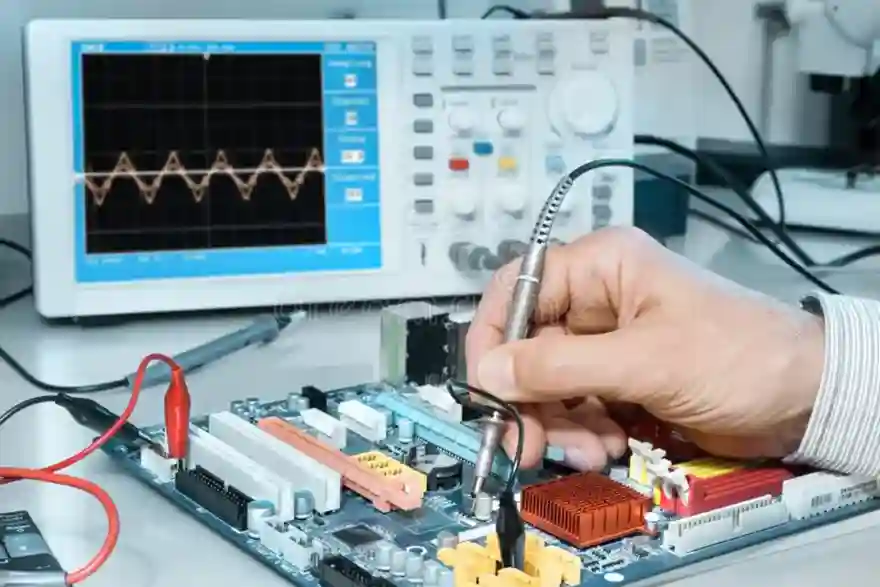
Repairing Electronics
In today’s technologically advanced vehicles, car electronics play a crucial role in ensuring optimal performance, safety, and comfort. From engine control units (ECUs) to sensors and actuators, modern cars are equipped with sophisticated electronic systems that require specialized knowledge and






